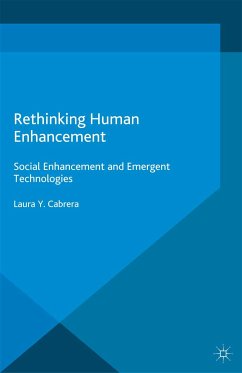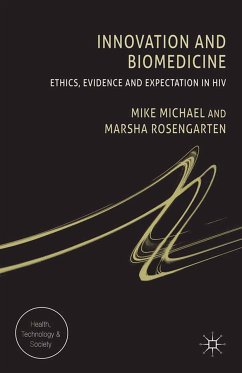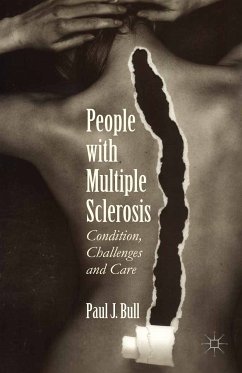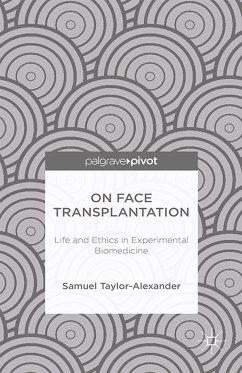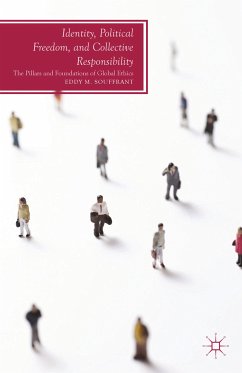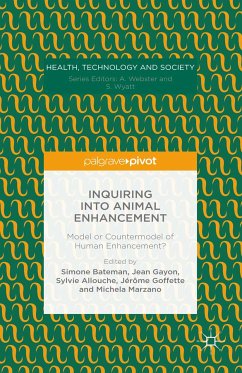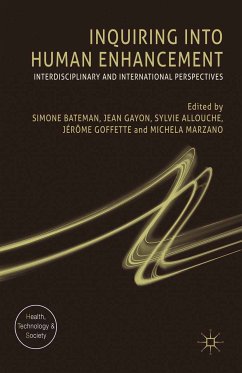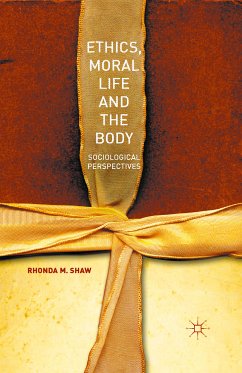
Ethics, Moral Life and the Body (eBook, PDF)
Sociological Perspectives
Versandkostenfrei!
Sofort per Download lieferbar
40,95 €
inkl. MwSt.
Weitere Ausgaben:

PAYBACK Punkte
20 °P sammeln!
Shaw addresses the 'ethical turn' in contemporary sociological thinking, by exploring the contribution of sociology and the social sciences to bioethical debates about morality and tissue exchange practices.
Dieser Download kann aus rechtlichen Gründen nur mit Rechnungsadresse in A, B, BG, CY, CZ, D, DK, EW, E, FIN, F, GR, HR, H, IRL, I, LT, L, LR, M, NL, PL, P, R, S, SLO, SK ausgeliefert werden.



